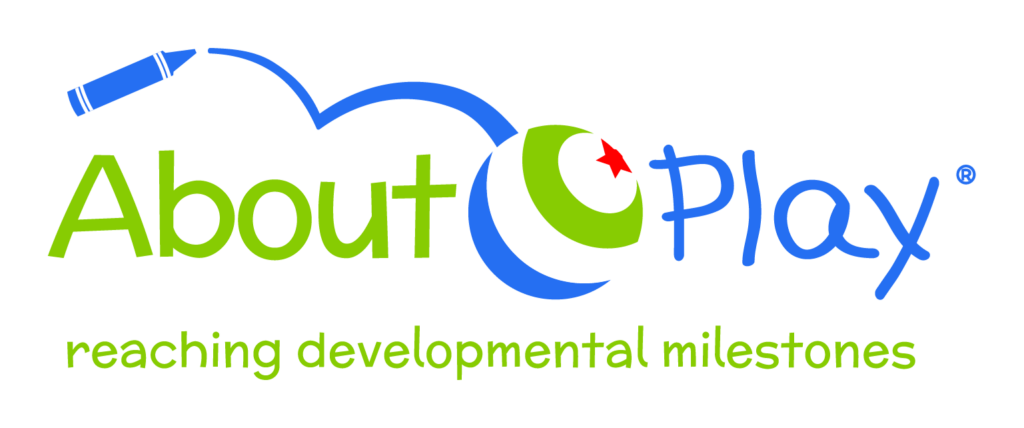Blog

A Guide To Occupational Therapy For Children
Are you noticing your child is having difficulty with everyday tasks like using silverware, dressing themselves, or playing with others? If your child isn’t reaching milestones for their age, occupational therapy could be a helpful tool for you and your family.
To help you understand if occupational therapy could be suitable for your child, let’s learn what occupational therapy for children is, what it can help with, typical activities for children, and more.
What is Occupational Therapy For Children?
Occupational therapy uses everyday activities and exercises to help patients of all ages regain independence and overcome developmental, physical, mental, and emotional barriers. OT is customized to help each patient to address their current state and desired progress with their fine motor skills, sensory processing, and cognitive skills.
Occupational therapy for children uses the power of play to keep children engaged and having fun while helping them develop these new skills and overcome daily obstacles. Individualized treatment plans are created for each child to address their unique situation. Everyday tasks that OT can help your child improve include playing, dressing, bathing, eating, sleeping, and entering new environments.
How Does Occupational Therapy Help a Child’s Development?
Occupational therapy is widely beneficial to children experiencing developmental delays. It can help a child’s development by:
- Helping children become more independent: Occupational therapy can help children feel more confident executing everyday tasks like getting dressed, brushing their teeth, feeding themselves, and more.
- Developing their fine motor skills: Children can further learn how to grasp objects, use the computer, and begin to develop good handwriting.
- Developing their gross motor skills: Occupational therapy can help children improve their balance and posture, along with learning how to crawl better, walk, jump, and play.
- Improving hand-eye coordination: This will help with everyday activities like feeding themselves, playing, and writing.
- Accessing helpful equipment: If additional equipment and tools are required to help the child navigate their day-to-day life, therapy can help provide customized solutions.
- Helping improve social skills: Occupational therapists can help children learn to share, take turns, express emotions, and pick up on social cues.
Occupational Therapy Activities for Children
To help give you a better understanding of what an occupational therapist might engage your child in during sessions, here are some examples of occupational therapy activities for children:
- Putting together a puzzle
- Playing dress up in a variety of clothes that have buttons, zippers, and snaps
- Using a paintbrush to paint a picture
- Creating a beaded necklace
- Playing games that involve a variety of objects like cards and dice
- Singing songs while also engaging in related hand movements
- Using a spoon to move items from one container to another
- Making homemade playdough by measuring and mixing the ingredients
- Engaging in personal care activities like tying shoes and folding clothes
- Playing a game of catch
How to Know if Your Child Could Benefit from Occupational Therapy
While every child is different in how they develop, there are certain milestones they should be reaching at specific ages. If you’re concerned your child is missing these milestones, occupational therapy can be a helpful tool in their development.
Here are a few signs to look for that indicate your child could benefit from occupational therapy
- Your child has difficulty performing everyday tasks like dressing, feeding, and bathing.
- Your child is having difficulty learning new material in school, including being unable to focus.
- Your child has a challenging time calming themselves.
- Your child is having difficulty with gross motor skills like balance and coordination.
- Your child struggles with engaging in social situations with family members and peers.
- Your child appears to consistently not use both hands simultaneously while playing. This could indicate an issue with fine motor skills.
- Your child isn’t reaching the average milestone for their age.
After raising concerns to your child’s primary care physician, they can make a referral based on if they think your child needs an evaluation and subsequent OT.
Occupational Therapy Services at About Play
At About Play, our comprehensive early intervention services also include occupational therapy. Our early interventionists work with you and the pediatric occupational therapist to develop an individualized treatment plan to address your child’s needs. This includes fun and engaging activities designed to improve your child’s cognitive skills, balance, sensory motor skills, and more, so they can improve their everyday quality of life.
If you feel your child could benefit from our early intervention occupational therapy services, we would love to support you. Contact us online or call our office for more information.




